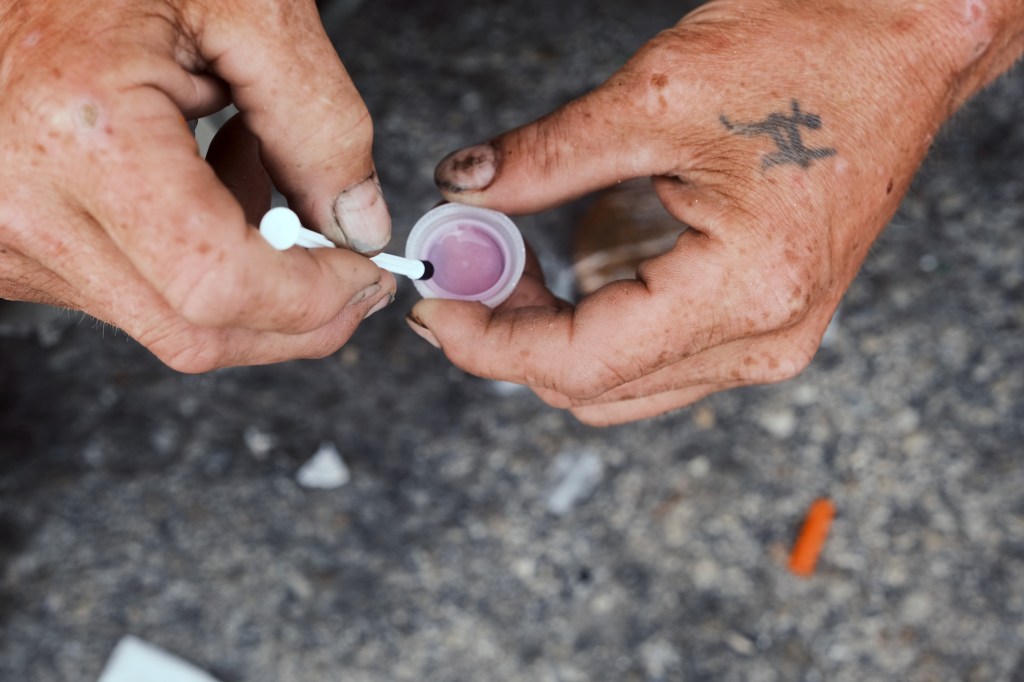For years, fish skin has been used to treat human burn victims. The collagen, especially in tilapia, helps heal open wounds, which dramatically speeds up recovery and reduces pain in the process.
But now, a veterinarian in California is using the treatment on animals like bobcats, bears, and coyotes that are often overlooked during wildfire rescue operations.
Videos by VICE
Tilapia skin is “very thick and very strong” said Dr. Jamie Peyton, chief of integrative Medicine at the UC Davis Veterinary Medical Teaching Hospital. “If you have a big open wound and it covers that wound, it’s going to protect all those nerve endings. We know that some of the proteins in the skin also help with inflammation and reducing bacteria.”
California’s wildfires aren’t just wreaking havoc on humans—the fires also ravage ecosystems and endanger the lives of vulnerable wildlife. But rescue efforts prioritize pets and livestock, without a plan for injured wild animals.
Skin grafts and other treatments used on burned humans are simply too expensive for veterinary use. So Peyton looked to Brazil, where doctors used fish skin to treat burns on human patients as a cost-effective alternative.

“It is always a concern that an animal will eat the skin,” Peyton said, “but the advantage is if they eat it, it’s just a protein snack. When we look at bandages, typical bandages, if an animal eats them, they can cause an obstruction in their intestines. It’s a really serious thing.”
Four-legged critters aren’t the only animals in need of help during fire season, though. Rattlesnakes, displaced by drought, also need some TLC.
That’s where rattlesnake remover Len Ramirez comes in. This fire season he’s been busier than ever, wrangling these rattlers from the properties of concerned California residents.
As climate change fuels even drier conditions, these venomous snakes are driven into residential areas in search of water, which also increases their chances of dangerous encounters with humans.
“If they can’t eat in those environments, then they have to move somewhere else. And so we’re seeing shifts in wildlife populations,” Ramirez told VICE News. “Everything is disrupted.”

Want the best of VICE News straight to your inbox? Sign up here.




